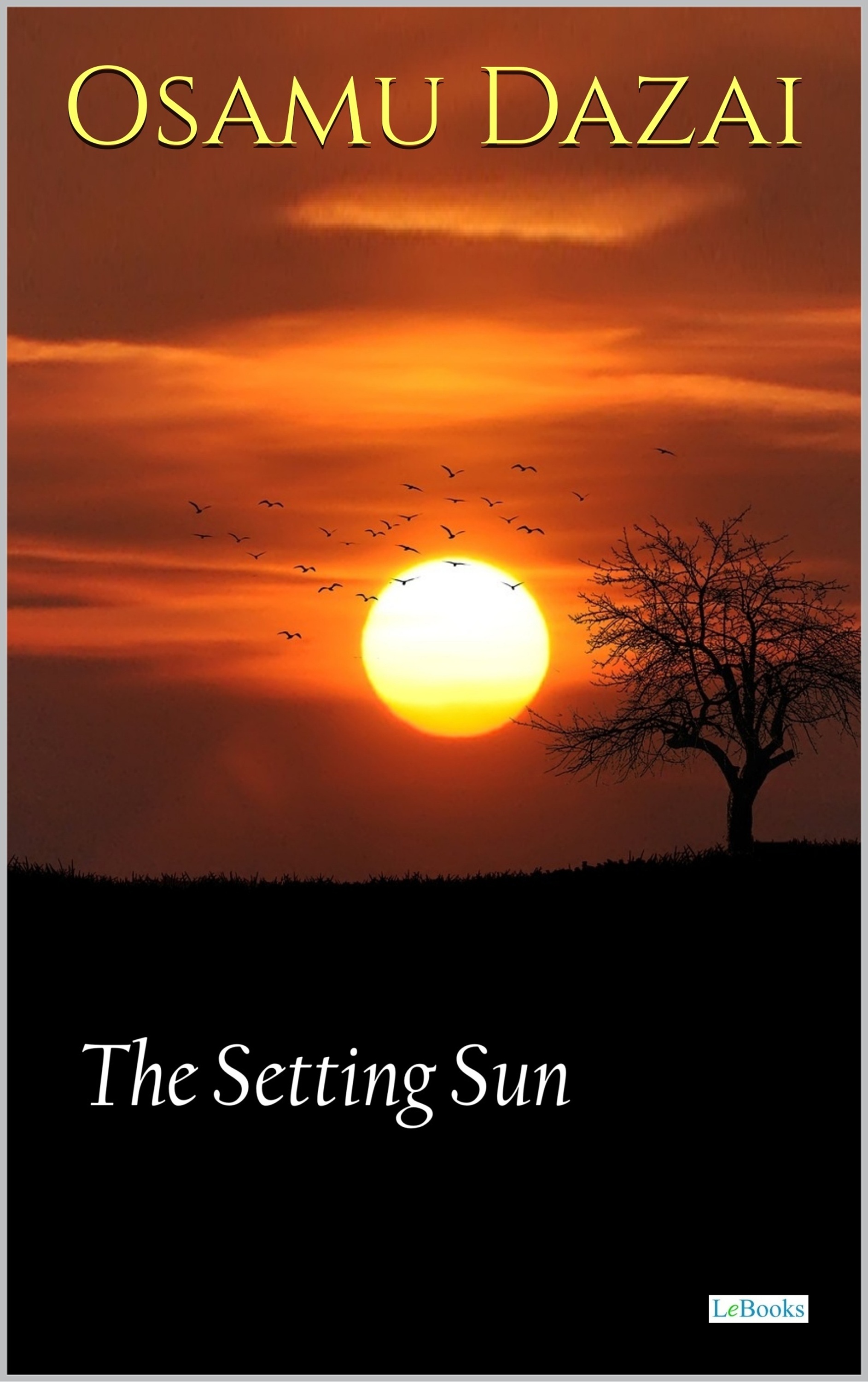
The Setting Sun is a poignant exploration of postwar Japanese society, focusing on themes of decline, identity, and the search for meaning in a rapidly changing world. Osamu Dazai critiques the disintegration of the traditional aristocratic class while examining the psychological struggles of individuals caught between the past and an uncertain future. Through the lives of characters such as Kazuko and her brother Naoji, the novel delves into themes of alienation, decay, and the painful reconciliation with social and personal upheaval.
Since its publication, The Setting Sun has been acclaimed for its evocative prose and raw emotional intensity. Its exploration of universal themes such as loss, existential despair, and the quest for redemption has secured its status as a classic of modern Japanese literature. The deeply flawed yet compelling characters and their turbulent journeys continue to engage readers, offering profound insights into the human condition.
The novel's enduring relevance stems from its ability to capture the complexities of a society in transition and the inner turmoil of those striving to find purpose amid chaos. By portraying the intersection of personal tragedy and cultural transformation, The Setting Sun invites readers to reflect on resilience, the fragility of identity, and the enduring human desire for connection and hope